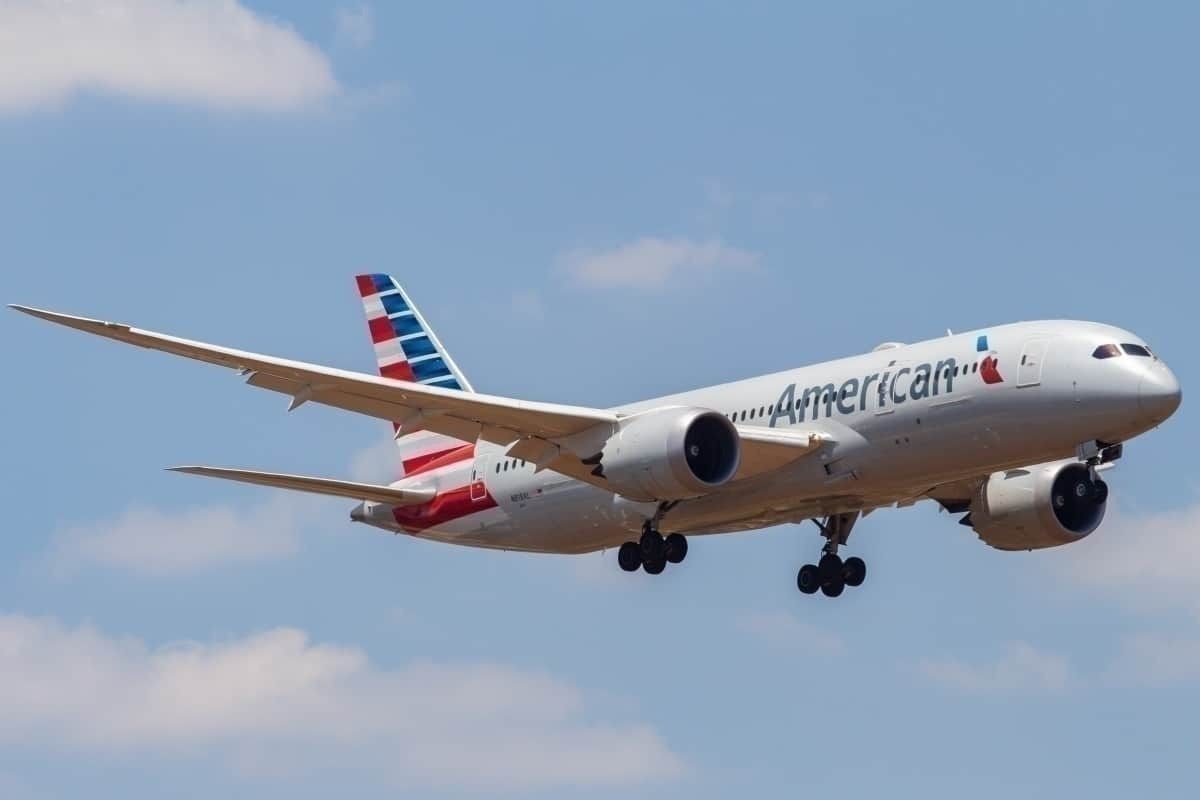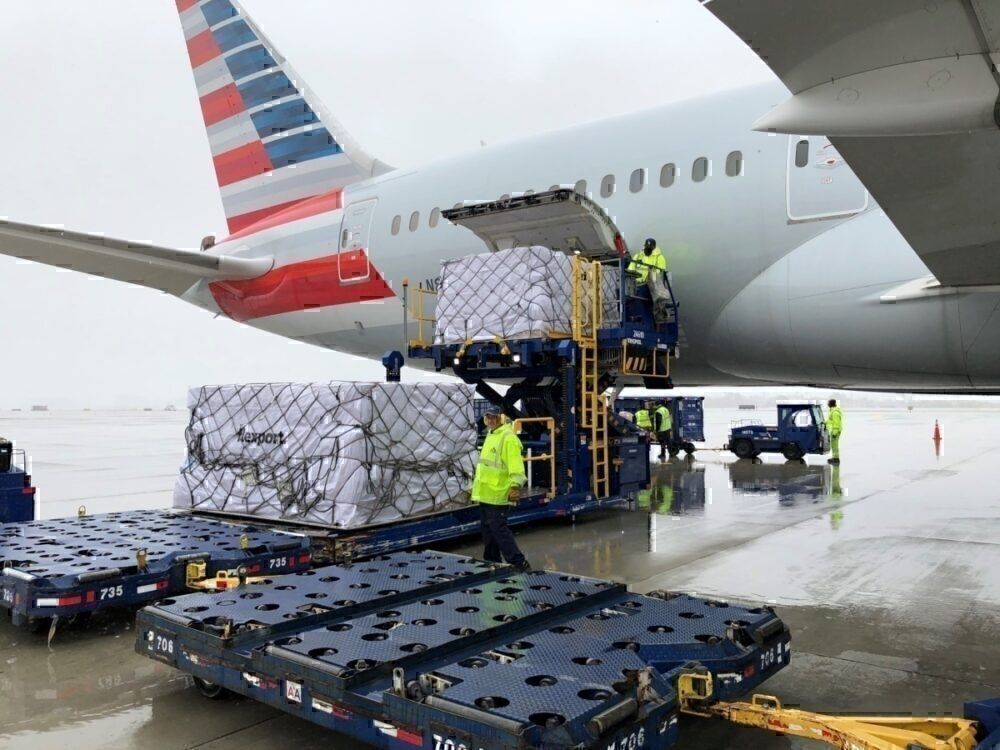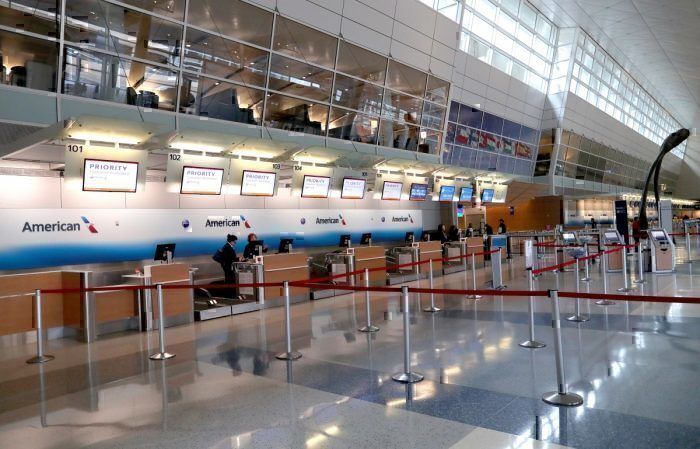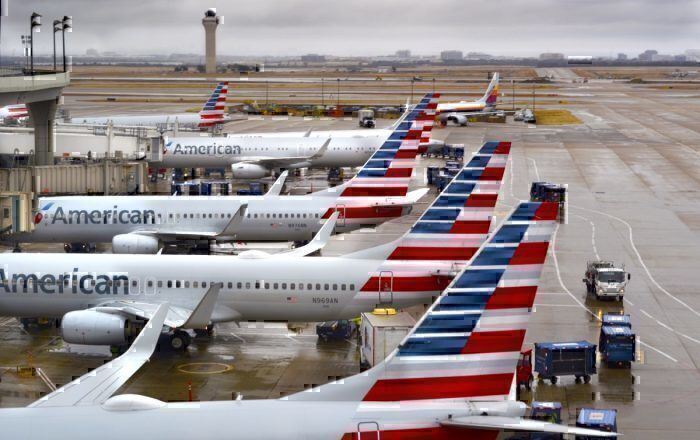On May 18th, a shipment of 40,000 medical gowns departed from Shanghai on a cargo-only American Airlines flight. The gowns are headed to the Mount Sinai Hospital in New York City for healthcare workers in need of critical supplies.
The shipment of gowns from Shanghai
Deloitte, the largest professional services organization globally, donated its credits for previously canceled flights towards the transportation of over 40,000 medical gowns to Mount Sinai Hospital.
On the shipment, Chairman and CEO of American, Doug Parker, said the following:
"We’re all fighting this virus together, and American is proud to leverage our long-standing corporate partnership with Deloitte to make a difference in New York. Thanks to Deloitte’s ingenuity and generosity, these critical supplies will help safeguard and support those working on the frontline to care for others."
And, Punit Renjen, Deloitte Global CEO, also chimed in:
"We are grateful to collaborate with American to help transport life-saving medical supplies to the hospitals on the frontlines of the COVID-19 crisis. Deloitte’s purpose is to make an impact that matters. By donating our unused ticket credits, we are able to make a small but meaningful impact in the global fight against this pandemic."
Vital medical cargo, like these gowns, has been one of the driving forces behind cargo-only flights. Freight travels not just on dedicated cargo jets, but even in the passenger cabin. However, with airlines scaling services back to their lowest levels in recent memory, it has led to a global shortage in cargo supply lines. To compensate, airlines like American are adding a host of cargo-only flights.
Corporate contracts
Large multinational corporations need to do business on a global scale. This means that their employees have to do a fair bit of flying. So, corporations partner with airlines to buy flights in bulk. Sometimes, these corporate contracts also drive the launch or resumption of key routes. However, not all companies use all of their seats.
With the global pandemic, most face-to-face business has come to a halt. This leaves companies like Deloitte with plenty of credits in unused travel. Since there is little to no indication about when global business travel will resume, Deloitte decided not to let its credits go to waste and supported these efforts.
Corporations that have contracts with airlines usually end up getting discounts compared to regular flight prices. Also, they may receive more flexibility in their booking and some waived fees. Although to get this, a company has to spend millions of dollars per year on airfare.
American's deeds during the pandemic
While the pandemic has shut down most flying, American has worked to do its part to help support communities around the world. The airline has operated repatriation flights, used an Admirals Club to sew masks for its employees, started requiring and distributing face masks to customers, and donated meals to local communities.
Back in April, American Airlines also donated 1,000 unused amenity kits to doctors and nurses on the front lines. Some of those healthcare professionals are staying in hotels while they treat patients to avoid exposing their loved ones at home.
Will these gowns help your community? What do you think about this effort? Let us know in the comments!




